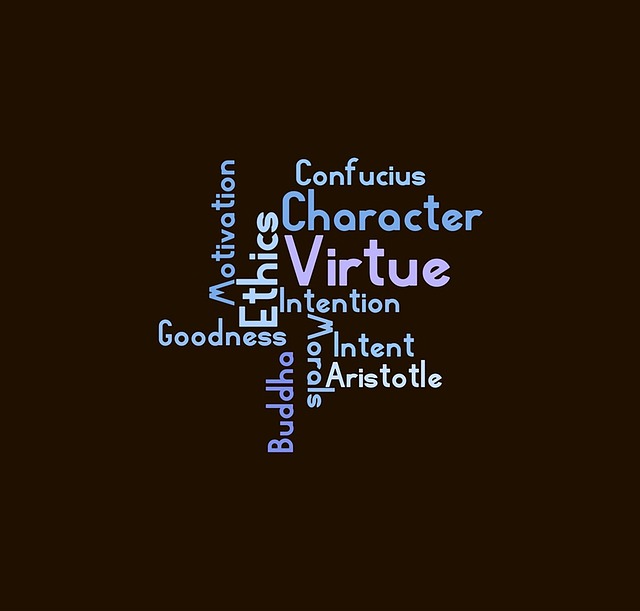Exploring the Concept of Absolute Morality: A Philosophical Perspective
In an ever-evolving world, where cultural norms and societal standards are in a constant state of flux, the quest for an unwavering moral compass is more crucial than ever. The concept of absolute morality emerges as a beacon for those seeking clarity amidst the chaos of relativism. But what does it mean to embrace an absolute moral framework? Can such a principle truly exist in a world marked by diversity and disagreement?
The Essence of Absolute Morality
At its core, absolute morality signifies the existence of universal moral principles that apply to all individuals, regardless of their context or background. This idea posits that certain actions are inherently right or wrong, independent of personal beliefs or societal constructs. Philosophers like Immanuel Kant championed this notion, suggesting that rational beings possess the capacity to discern these fundamental ethical truths through reason.
The Emotional Weight of Moral Decisions
As we navigate the complexities of life, the need for a consistent moral framework becomes palpable. Imagine considering whether to tell a truth that could hurt someone, or weighing the benefits of a small lie to maintain peace. In these instances, the struggle between absolute principles and situational ethics can be overwhelming. The feeling of being torn between what is deemed ‘right’ and what is ‘pragmatic’ often leaves individuals grappling with guilt and uncertainty.
Situational Ethics vs. Absolute Morality
The debate surrounding situational ethics and absolute morality can evoke strong emotions. On one side, situational ethics argues that moral choices should be made based on the specific context of a situation. This perspective may resonate with those who have faced moral dilemmas where rigid rules seem insufficient. Yet, for many, the allure of absolute morality lies in its promise of certainty; a guiding star that provides a clear solution in an ambiguous landscape.
Moral Absolutism and Its Critics
Critics often argue that absolute morality fails to consider the complexities of human experience. They suggest that what may be deemed ‘absolute’ in one culture or era could be seen as deeply flawed in another. However, supporters maintain that understanding and interpreting these absolute principles does not negate their existence. They argue that moral truths, like justice or human rights, transcend geographic and temporal boundaries, offering a framework for unity in an increasingly fragmented world.
The Search for Universal Truths
In pursuit of absolute morality, one must engage not just with philosophical texts but also with the narratives of human experience. Reflecting on history, literature, and personal stories reveals the recurrent themes that inform our understanding of right and wrong. Whether it’s the compassion shown by a stranger or the betrayal by someone close, each experience contributes to shaping our moral instincts and ideals.
As we reflect on the implications of adopting a philosophy grounded in absolute morality, we must question how these principles can be implemented in a diversified society. The challenge remains in reconciling the desire for universal truths with the understanding that human experiences are incredibly varied.
Ultimately, pondering the concept of absolute morality invites us to engage in a deeper dialogue about human values and coexistence. It prompts us to ask ourselves what ethical truths we hold dear, and how these beliefs shape our actions in an increasingly complex world.




